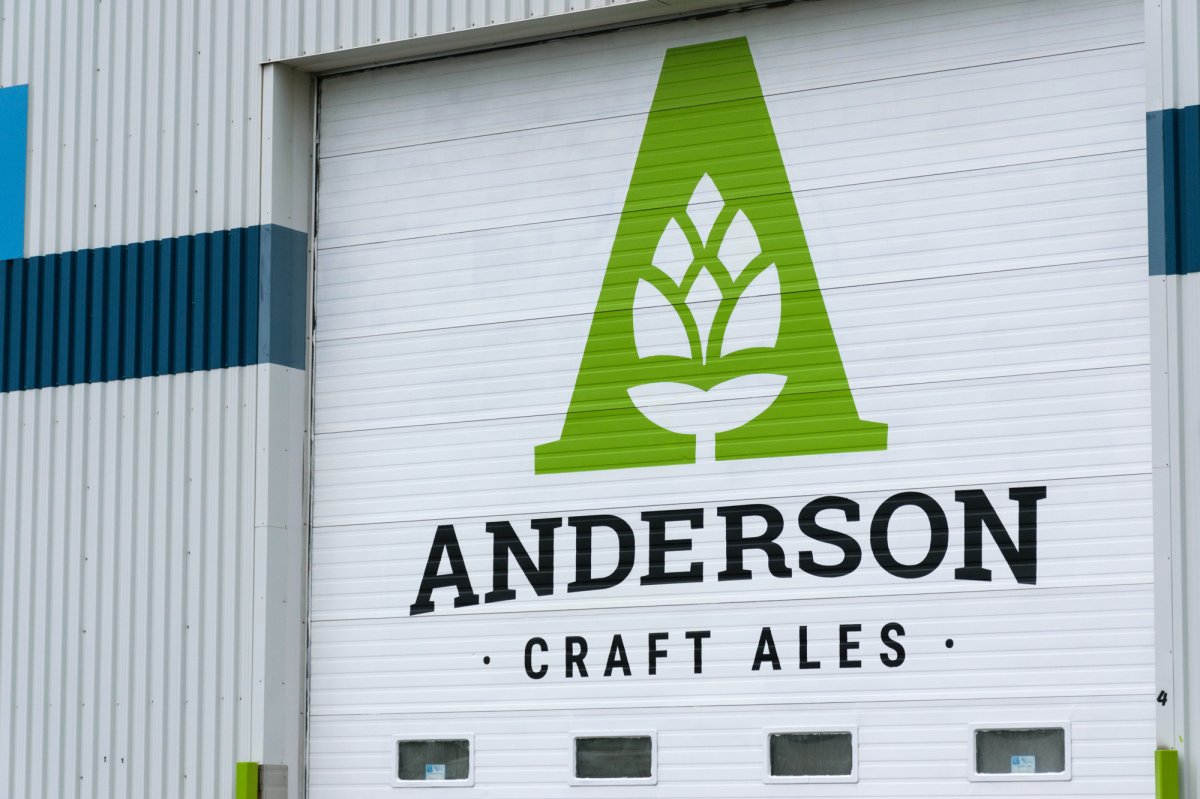Anderson Craft Ales, a London, Ont.-based microbrewery, is looking to become the first in Ontario to use carbon capture technology to recycle carbon dioxide during the brewing process.

During fermentation, yeast converts sugars into alcohol as well as CO2. The chemical compound is also used in the brewing process to carbonate the beer and preserve freshness.
The brewery, which opened in 2016, will use the technology to capture the CO2 and reuse it, thus reducing CO2 emissions to near zero. The new equipment is expected to capture and reuse over 100,000 lbs of CO2 — the equivalent of 1,000 trees – every year.
“Before this technology, there was no way for a small brewery like us to capture it and purify it and reuse our own CO2,” Anderson said. “I’ve been keeping an eye on this since we opened because it’s something that I’ve always been interested in.”

Get daily National news
This project is another in a series of environmental initiatives by the local brewery, including wastewater treatment, recycling spent grains into animal feed, and reusingpackaging materials. Anderson said that the roof of the brewery is also used as a solar energy site.
Its newest piece of equipment, which is slightly larger than a refrigerator, is specifically designed for small breweries by Texas-based Earthly Labs.
Anderson said that the only risk with this project would be if the CO2 was “not purified properly.”
“The CO2 that we need to use is at least food grade, which is 99.99 per cent,” he said. “This machine is supposed to purify it 99.999 per cent, so there should be no problems. But if something happens there, then you could get some kind of odd flavours and things, but I don’t anticipate that happening.”
However, he said the brewery is “taking a bit of a risk, being the first microbrewery in Ontario to move forward with this equipment.”
“But if this inspires a fraction of the 1,000 other breweries in Canada to install similar initiatives, the environmental impact could be staggering,” Anderson said.












Comments